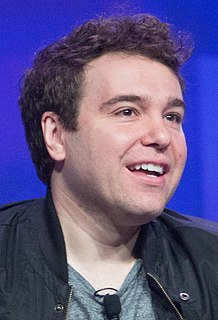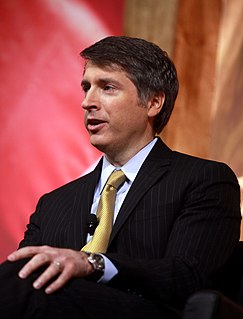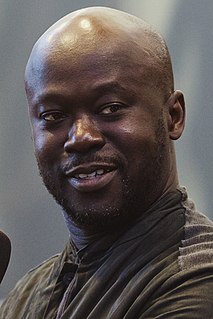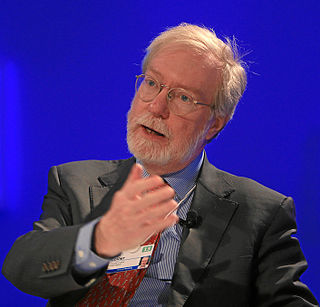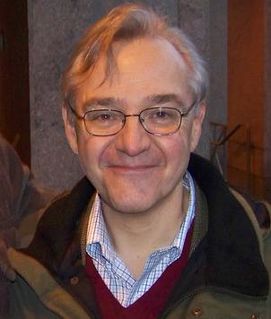A Quote by Cass Sunstein
Donald Trump has taken a battering ram to longstanding political norms - the unwritten conventions that make governance possible. But even before he decided to run for president, those norms were under assault.
Related Quotes
Thanks to NBC News and thanks to the NBC primetime TV network, Donald Trump has been in living rooms for 11 years being who he is. The Donald Trump running for president is not an unknown quantity. The Donald Trump running for president is the Donald Trump everybody's gotten to know, and quite a lot of people watch those Donald Trump TV shows, The Apprentice and whatever else on there.
My hope is that the president-elect [Donald Trump] coming in takes a similarly constructive approach, finding areas where we can cooperate with Russia, where our values and interests align. But that the president-elect also is willing to stand up to Russia where they are deviating from our values and international norms.
I don't expect that the president-elect [Donald Trump] will follow exactly our blueprint or our approach, but my hope is that he does not simply take a real-politic approach and suggest that, you know, if we just cut some deals with Russia, even if it hurts people or even if it violates international norms, or even if it leaves smaller countries vulnerable or creates long-term problems in regions like Syria, that we just do whatever is convenient at the time.
Any profession should have norms around the issue you raise. And, in the words of the great economic thinker Albert Hirschman, we all owe a measure of loyalty to professional norms. But when the norms seem unhelpful or unproductive, one needs to speak up - to activate voice. And in the extreme, if the profession and one's colleagues seem estranged from a thoughtfully selected course of action, you need to consider the possibility of exit. Of course, if you knowingly violate norms or laws, you need to be prepared to face the consequences - or to lead a revolution!
When I was young there were lesbians who said "Oh, I will free myself of all norms of masculinity, all norms of heterosexuality ". And then, they ended up in very complex relationships that were maybe full of heterosexual power dynamics or full of lesbian forms of masculinity and they became very confused.
I think the challenge of climate change in particular is the challenge for us to create and produce new norms for a new kind of world. And that's why I think as important as the issue of climate change is, it's even more important than it seems because if we can't evolve very quickly, new norms to deal with issues like climate change, we're not going to be able to survive in the kind of world we've created. So I think, really, the whole nature of democracy, of governance, of global community and of solving the kinds of problems of the 21st Century are really at stake.





